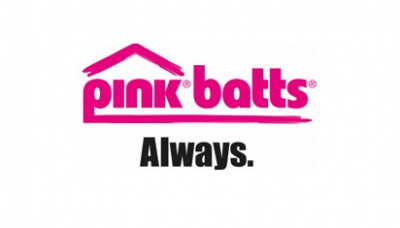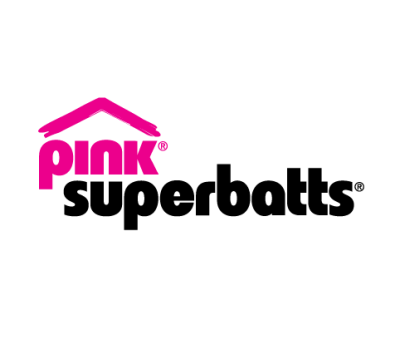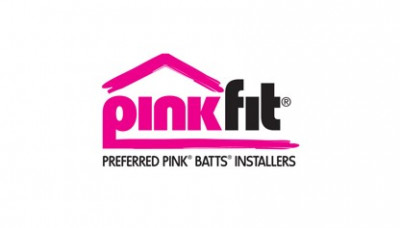
Hit enter to search or ESC to close
Our Pink® Batts® are made
from over 80% recycled glass.
Our Story
Operating with pride since 1961, Pink® Batts® are the only glass wool insulation manufacturer in New Zealand.
We are focused on innovation, which has resulted in Pink® Batts® having the broadest range of glass wool insulation in New Zealand. In addition, Pink® Batts® are the only glass wool insulation manufacturer to hold an Australasian EPD and Eco Choice Aotearoa ‘ecolabel’, which independently verifies our environmental credentials. All New Zealand manufactured Pink® Batts® products are also GREENGUARD certified.
We are passionate about building energy efficient homes and continue to evolve our technology to deliver high-performing glass wool insulation, specifically designed for our New Zealand environment.
Our Pink® Batts® are made from over 80% recycled glass, diverting over 9 million kilograms of New Zealand glass waste from landfill each year.
Our environmental credentials
Pink® Batts® Insulation Sustainability Brochure
Operating with pride since 1961, Pink® Batts® are the only glasswool insulation manufacturer in New Zealand. We are passionate about building energy efficient homes and continue to evolve our technology to deliver high-performing glass wool insulation, specifically designed for our New Zealand environment.
VIEW MORE
Environmental Product Declaration (EPD)
Pink® Batts® is proud to have been awarded an Environmental Product Declaration (EPD), a globally recognised, independent assessment that says we’re up there with the best international glass wool manufacturers in terms of the life cycle environmental impact of our products and plant.
VIEW MORE
Eco Choice Aotearoa Certificate
Pink® Batts® are proud to have been awarded the Eco Choice Aotearoa certificate. This mark identifies that our products and services are environmentally preferable, safe for you and your family and fit-for-purpose. Eco Choice Aotearoa takes the hard work out of making responsible choices.
VIEW MORE
BRANZ Appraisal 767 - Pink® Batts® Skillion Roof Insulation
Pink® Batts® Skillion Roof is proud to have been BRANZ appraised for use as a thermal insulation material for timber-framed skillion roofs of domestic and commercial buildings.
VIEW MORE
BRANZ Appraisal 238- Pink® Batts®
Pink® Batts® Insulation is proud to have been BRANZ appraised as a thermal insulation material for framed or part-framed walls, ceilings and roofs of domestic and commercial buildings.
VIEW MORE
BRANZ Appraisal 632 - Pink® Batts® Snugfloor®
Pink® Batts® SnugFloor® Insulation is proud to have been BRANZ appraised for use as a thermal insulating material for timber-framed floors in new or existing domestic and commercial buildings.
VIEW MORE
ISO Certification 9001
Pink® Batts® are proud to have been assessed by Telarc Limited and have been found to operate a quality management system conforming to ISO 9001.
VIEW MORE
ISO Certification 45001
Pink® Batts® Insulation are proud to have been assessed by Telarc Limited and have been found to operate a health and safety management system conforming to ISO 45001.
VIEW MORE
ISO Certification 14001
Pink® Batts® has been assessed by Telarc Limited and operates an environmental management system conforming to ISO 14001.
VIEW MORE
Our Social Responsibility
Habitat for Humanity New Zealand is a not-for-profit organisation, helping families to build and improve their homes. At Comfortech®, we are incredibly proud of this partnership, as we can support the work that Habitat does to make decent and healthy housing a reality for those who need it most.
Learn more about Habitat for Humanity New Zealand.
The Asthma and Respiratory Foundation New Zealand (ARFNZ) is New Zealand’s principal authority for all respiratory conditions; leading respiratory health knowledge through research, education, and advocacy.
As research shows that damp, mouldy and poorly ventilated homes affect the respiratory health of many New Zealanders, it is our goal to create more comfortable living and working spaces. Through our partnership with the ARFNZ we can achieve our goals, together.
Learn more about the Foundation.



